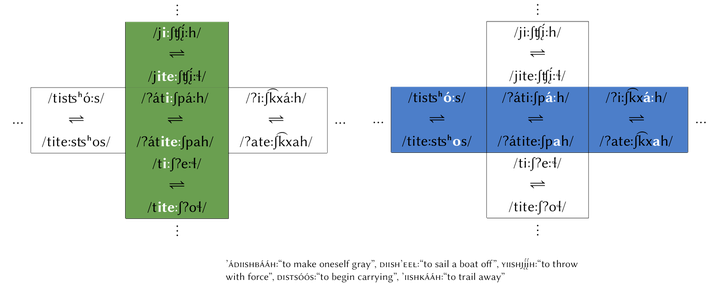
Abstract
Recent work in Word and Paradigm morphology argues that the implicative structure of paradigms is expressed in terms of relations between surface words, and that studying the structure of paradigms in terms of sub-word units is misleading if not outright impossible (Ackerman et al, 2009; Blevins, 2006, 2016; Bonami & Beniamine, 2016). The argument typically rests on the observation that a word can only be segmented in the context of its paradigmatic alternatives, and that different aspects of the paradigm lead to different segmentations for the same word.This line of argumentation amounts to a claim about the empirical properties of some inflection systems. It is thus entirely possible that systems differ in this respect. In this presentation we show that there are systems where a uniform segmentation is possible and helpful to addressing implicative structure. Interestingly though, the segments that are identified lack the properties of classical morphemes.